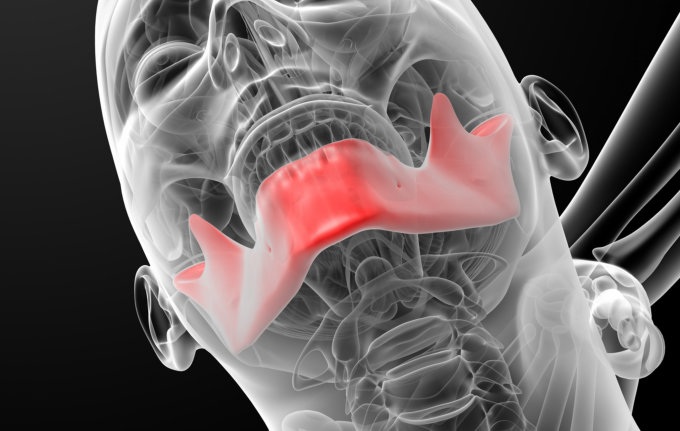TMJ (temporomandibular joint) disorders are a family of problems related to the jaw joint. They can develop for many reasons, through clenching or grinding your teeth, tightening jaw muscles or by having a damaged jaw joint due to injury or disease. Injuries and arthritis can also damage the joint directly or stretch or tear the muscle ligaments. As a result, the disk, which is made of cartilage and functions as the cushion of the jaw joint, can slip out of position. Whatever the cause, the results may include a misaligned bite, pain, clicking, or grating noise when you open your mouth or trouble opening your mouth wide.
The initial treatment goal is to relieve muscle spasm and joint pain. This is usually accomplished with a pain reliever, anti-inflammatory, or muscle relaxant. Resting, keeping the teeth apart, eating soft foods, exercising the jaw and sitting properly can all help. Wearing a guard at night helps to stop clenching or grinding your teeth and reduces muscle tension. An anterior positioning appliance moves the jaw forward, relives pressure helps in disk repositioning. Appliances also help to protect from tooth wear.
If a TMJ disorder has caused problems with how teeth fit together, you may need treatment such as bite adjustment, orthodontics with or without jaw reconstruction, or restorative dental work. Surgical options such as arthroscopy and open joint repair restructuring are sometimes needed, but are reserved for severe cases.

